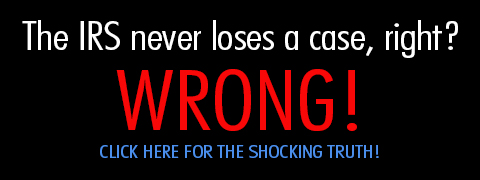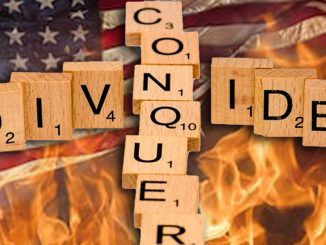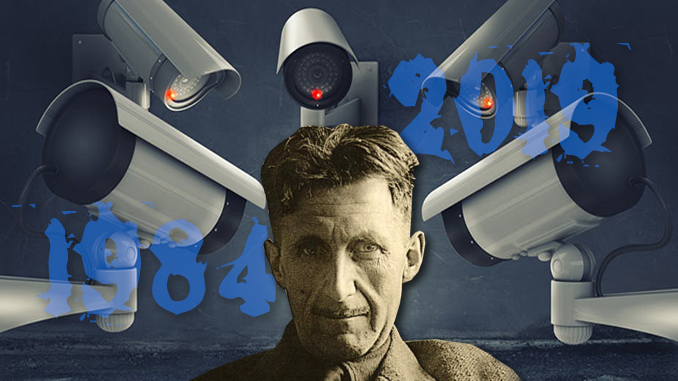
Americans are under round-the-clock scrutiny from Big Brother’s Thought Police.
By John W. Whitehead
Tread cautiously: The fiction of George Orwell has become an operation manual for the omnipresent, modern-day surveillance state. It’s been 70 years since Orwell—dying, beset by fever and bloody coughing fits, and driven to warn against the rise of a society in which rampant abuse of power and mass manipulation are the norm—depicted the ominous rise of ubiquitous technology, fascism, and totalitarianism in 1984.
Who could have predicted that 70 years after Orwell typed the final words to his dystopian novel, “He loved Big Brother,” we would fail to heed his warning and come to love Big Brother.
The book 1984 portrays a global society of total control in which people are not allowed to have thoughts that in any way disagree with the corporate state. There is no personal freedom, and advanced technology has become the driving force behind a surveillance-driven society. Snitches and cameras are everywhere. People are subject to the Thought Police, who deal with anyone guilty of thought crimes. The government, or “Party,” is headed by Big Brother, who appears on posters everywhere with the words: “Big Brother is watching you.”
We have arrived, way ahead of schedule, into the dystopian future dreamed up by Orwell.
Much like Big Brother in 1984, the government and its corporate spies now watch our every move. We are now trapped in a world in which the government is all-seeing, all-knowing, and all-powerful, and if you dare to step out of line, dark-clad police SWAT teams and pre-crime units will crack a few skulls to bring the populace under control.
What once seemed futuristic no longer occupies the realm of science fiction.
Incredibly, as the various nascent technologies employed and shared by the government and corporations alike—facial recognition, iris scanners, massive databases, behavior prediction software, and so on—are incorporated into a complex, interwoven cyber network aimed at tracking our movements, predicting our thoughts, and controlling our behavior, the dystopian visions of past writers is fast becoming our reality.
Our world is characterized by widespread surveillance, behavior prediction technologies, data mining, fusion centers, driverless cars, voice-controlled homes, facial recognition systems, cybugs and drones, and predictive policing (pre-crime) aimed at capturing would-be criminals before they can do any damage.
Surveillance cameras are everywhere. Government agents listen in on our telephone calls and read our emails. Political correctness—a philosophy that discourages diversity—has become a guiding principle of modern society.
The courts have shredded the Fourth Amendment’s protections against unreasonable searches and seizures. In fact, SWAT teams battering down doors without search warrants and FBI agents acting as secret police that investigate dissenting citizens are common occurrences in contemporary America. Bodily privacy and integrity have been utterly eviscerated by a prevailing view that Americans have no rights over what happens to their bodies during an encounter with government officials, who are allowed to search, seize, strip, scan, spy on, probe, pat down, taser, and arrest any individual at any time and for the slightest provocation.
We are increasingly ruled by multi-national corporations wedded to the police state.
Big Tech wedded to Big Government has become Big Brother, and we are now ruled by the corporate elite, whose tentacles have spread worldwide. In this way, the increasingly complex security needs of the massive federal government, especially in the areas of defense, surveillance, and data management, have been met within the corporate sector, which has shown itself to be a powerful ally that both depends on and feeds the growth of governmental overreach.
There is no shortage of motives fueling the convergence of mega-corporations and government. But who is paying the price? The American people, of course.
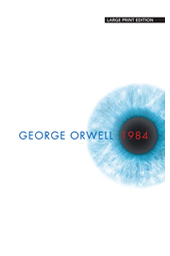
Orwell understood the power of language to manipulate the masses. Orwell’s Big Brother relied on “newspeak” to eliminate undesirable words, strip such words as remained of unorthodox meanings and make independent, non-government-approved thought altogether unnecessary.
Where we stand now is at the juncture of “oldspeak” (where words have meanings and ideas can be dangerous) and newspeak (where only that which is “safe” and “accepted” by the majority is permitted). This is the final link in the police state chain.
Here’s what a lot of people fail to understand, however. It’s not just what you say or do that is being monitored, but how you think that is being tracked and targeted. Say hello to the new thought police. “If you want a picture of the future, imagine a boot stamping on a human face—forever.”—Orwell
So where does that leave us?
We now find ourselves in the unenviable position of being monitored, managed, and controlled by our technology, which answers not to us but to our government and corporate rulers.
What we are witnessing, in the so-called name of security and efficiency, is the creation of a new class system comprised of the watched (average Americans such as you and me) and the watchers (government bureaucrats, technicians, and private corporations).
It won’t be long before we find ourselves looking back on the past with longing, back to an age where we could speak to whom we wanted, buy what we wanted, think what we wanted without those thoughts, words, and activities being tracked, processed, and stored by corporate giants such as Google, sold to government agencies such as the NSA and CIA, and used against us by militarized police with their army of futuristic technologies.
So how do you survive in the American surveillance state?
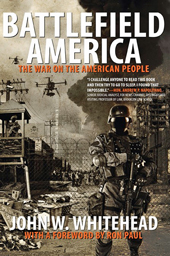
As I make clear in my book Battlefield America: The War on the American People, we’ll soon have to choose between self-indulgence (the bread-and-circus distractions offered up by the news media, politicians, sports conglomerates, entertainment industry etc.) and self-preservation in the form of renewed vigilance about threats to our freedoms and active engagement in self-governance.
Yet as Aldous Huxley acknowledged in the book Brave New World Revisited: “Only the vigilant can maintain their liberties, and only those who are constantly and intelligently on the spot can hope to govern themselves effectively by democratic procedures. A society, most of whose members spend a great part of their time, not on the spot, not here and now and in their calculable future, but somewhere else, in the irrelevant other worlds of sport and soap opera, of mythology and metaphysical fantasy, will find it hard to resist the encroachments of those who would manipulate and control it.”
Constitutional attorney and author John W. Whitehead is founder and president of The Rutherford Institute. His books Battlefield America: The War on the American People and A Government of Wolves: The Emerging American Police State are available from the AFP Bookstore. He can be contacted at [email protected].

